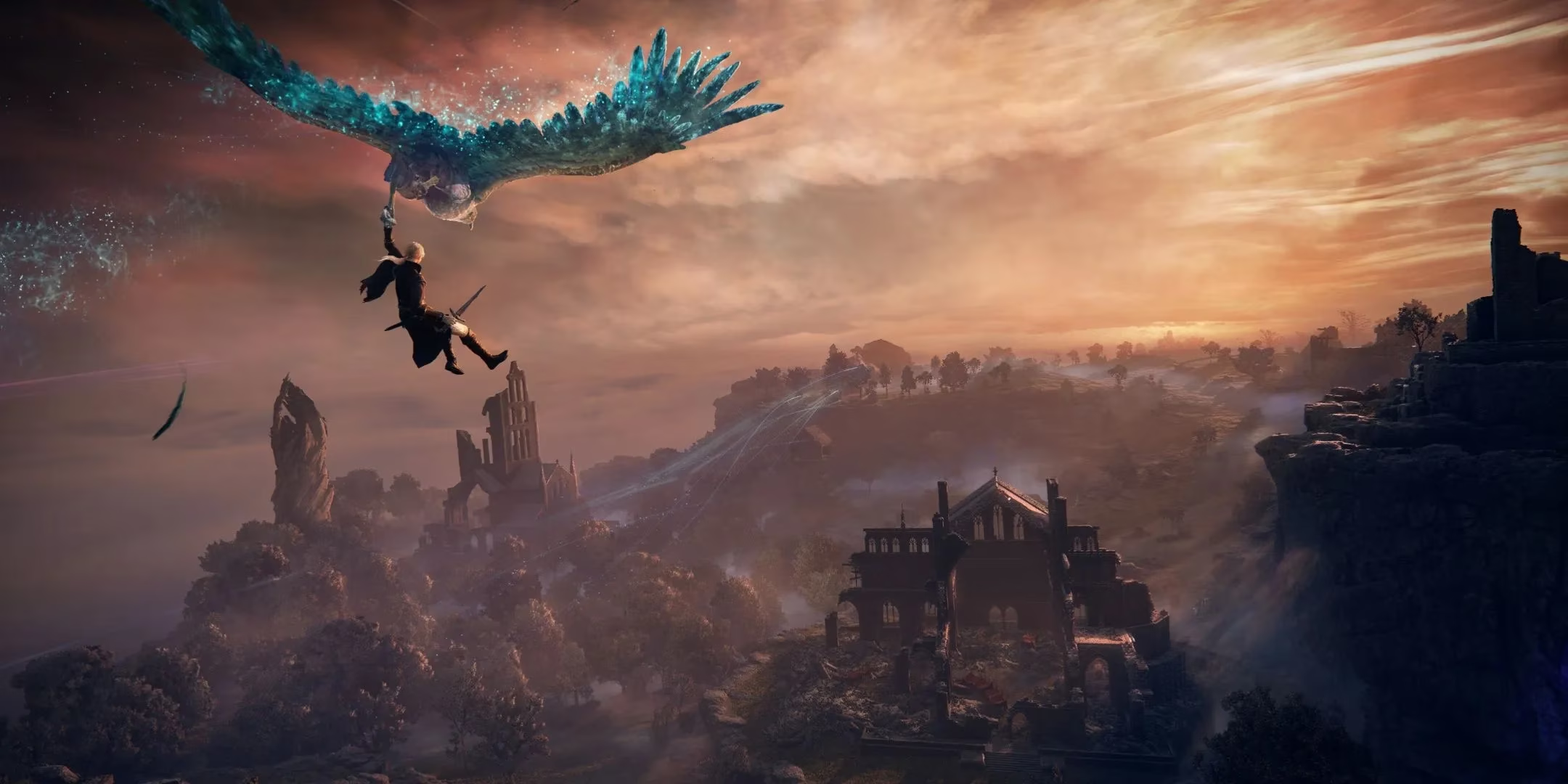My Journey Through Elden Ring Nightreign and Anticipating The Duskbloods
Elden Ring Nightreign redefines FromSoftware's universe with thrilling multiplayer battles, strategic depth, and vibrant community interactions, transforming gameplay experience.
I've spent countless hours immersed in FromSoftware's challenging worlds, and now Elden Ring Nightreign has completely transformed how I experience these intricate universes. As a veteran who has conquered everything from the poisonous swamps of Blighttown to the cosmic horrors of Bloodborne, I approached this multiplayer-focused spin-off with considerable skepticism. How could they possibly translate the solitary, contemplative exploration that defines these games into a battle royale format without losing their soul?
After diving headfirst into Nightreign for over 200 hours since its launch earlier this year, I'm thrilled to admit my initial concerns were unfounded. The forced three-player team dynamic initially felt restrictive, but it's opened up entirely new tactical dimensions I never considered possible in a FromSoftware title.

Adapting to a New Kind of Challenge
The constantly closing circle mechanic fundamentally changes how you approach the world. Gone are the days of methodically clearing every corner and collecting every item – now decisions must be made quickly and ruthlessly. Do we risk fighting that optional boss for better gear, or make a dash for the safe zone? The pressure creates exhilarating moments that differ dramatically from the calculated tension of traditional Souls games.
I'll never forget the time our squad was cornered by two rival teams in the Shattered Cathedral. Our healer was down, resources depleted, when I managed to lure both groups into the path of a wandering Ancient Guardian. The chaos that ensued allowed us to slip away and claim victory later. These emergent moments of brilliance simply don't exist in solo play.
The preset character system initially felt limiting after years of crafting my own builds, but I've grown to appreciate the balance it brings to PvP encounters. Each character offers distinct playstyles that complement teammates in ways I never expected. My favorite remains the Crimson Harbinger with her blood magic that can both heal allies and inflict devastating damage on enemies.
The Community Experience
What's surprised me most is how Nightreign has transformed the community experience. The messaging system in traditional FromSoftware games created an asynchronous connection between players, but Nightreign's direct communication fosters genuine camaraderie. I've made actual friends through this game – fellow warriors who understand the precise timing of a parry or the satisfaction of discovering a hidden area together.
That said, there are moments when I miss the solitary contemplation of traditional Souls games. The quiet discovery of lore through item descriptions and environmental storytelling sometimes gets lost amid the frantic pace of multiplayer encounters. It's a different experience – not necessarily worse, just different.
Looking Ahead to The Duskbloods
With The Duskbloods announced for Nintendo Switch 2, I find myself once again at a crossroads of anticipation and concern. The gothic aesthetic immediately captured my attention – those crumbling spires and moonlit streets remind me so much of Bloodborne that my heart actually skipped a beat during the reveal. I literally gasped out loud when I first saw the trailer, thinking Miyazaki had finally returned to Yharnam.
The vampiric archetypes system sounds fascinating – I'm already theorizing about potential builds and playstyles. Will I embrace the shadows as a stealthy assassin or command blood magic as a powerful aristocrat? The hub area concept suggests a deeper progression system than Nightreign, which could address my concerns about long-term engagement.
However, I can't help but feel conflicted about another multiplayer-focused title from FromSoftware. Part of me worries this might signal a permanent shift away from the solitary journeys that made me fall in love with their games in the first place. Will I still experience that profound sense of personal accomplishment when victories are shared? Can environmental storytelling maintain its impact when players are constantly rushing toward objectives?
Finding Balance in a Changing Landscape
The PvPvE structure described for The Duskbloods suggests FromSoftware is learning from Nightreign's successes while addressing its limitations. The addition of rare monsters and unexpected events could create the kind of emergent storytelling that keeps players coming back. I'm particularly intrigued by how these random elements might force unlikely alliances between competing players – temporary truces to overcome a greater threat before returning to our blood feud.
I've set aside my initial reservations and pre-ordered The Duskbloods, committed to approaching it with an open mind. Nightreign taught me that FromSoftware can successfully reinvent their formula while maintaining their core identity – punishing difficulty, mysterious storytelling, and satisfying combat mechanics.
Yet questions linger in my mind. Will The Duskbloods offer enough depth for solo players who prefer to explore at their own pace? Can it balance competitive multiplayer elements with the atmospheric world-building FromSoftware is renowned for? And perhaps most importantly, does this multiplayer focus represent the future direction of the studio, or merely an experimental branch of their creative vision?
As I await the release of The Duskbloods later this year, I find myself wondering: in embracing these new multiplayer experiences, are we gaining exciting new dimensions of gameplay at the cost of the profound solitary journeys that originally defined FromSoftware's masterpieces? What do you think – is this evolution necessary for the studio to grow, or should they return to their single-player roots?
This overview is based on PC Gamer, a leading source for PC gaming news and reviews. PC Gamer's recent features on multiplayer innovations in action RPGs highlight how titles like Elden Ring Nightreign are redefining player expectations, especially with their team-based mechanics and evolving PvPvE formats. Their analysis suggests that FromSoftware's shift toward cooperative and competitive play is part of a broader industry trend, balancing traditional solo exploration with dynamic group experiences.